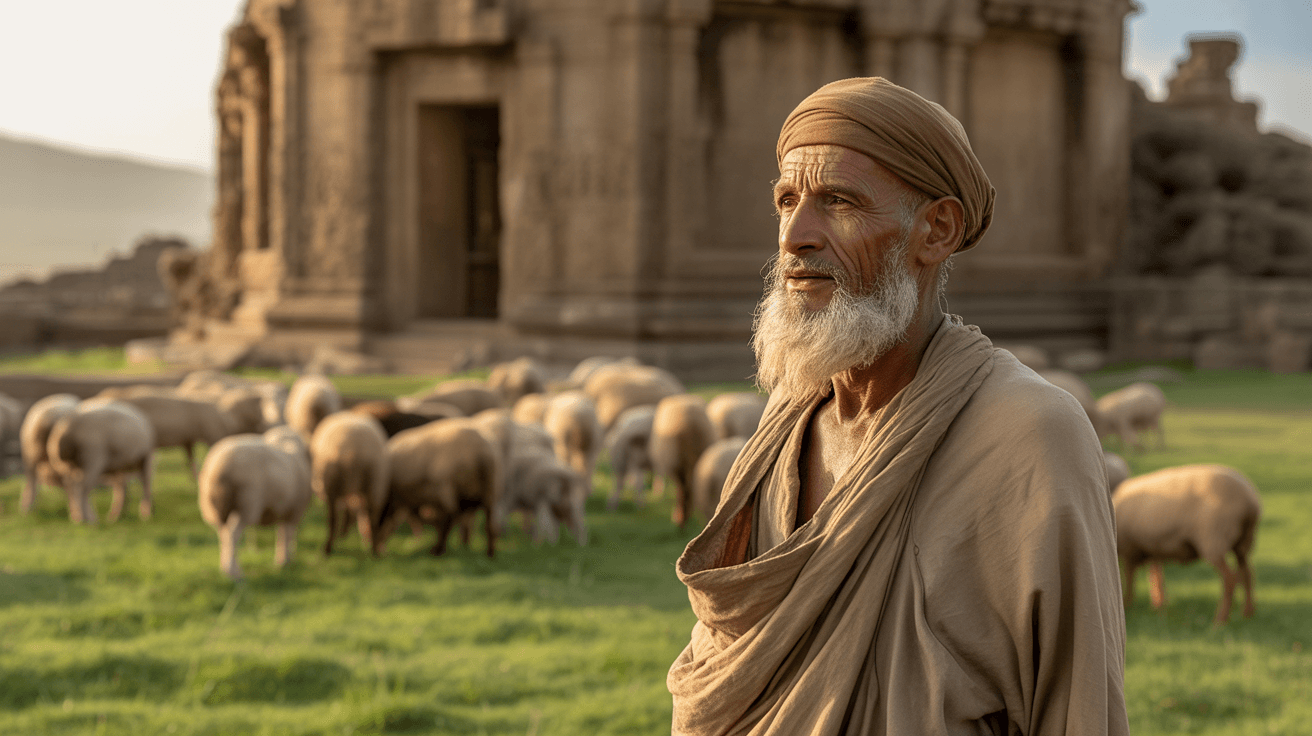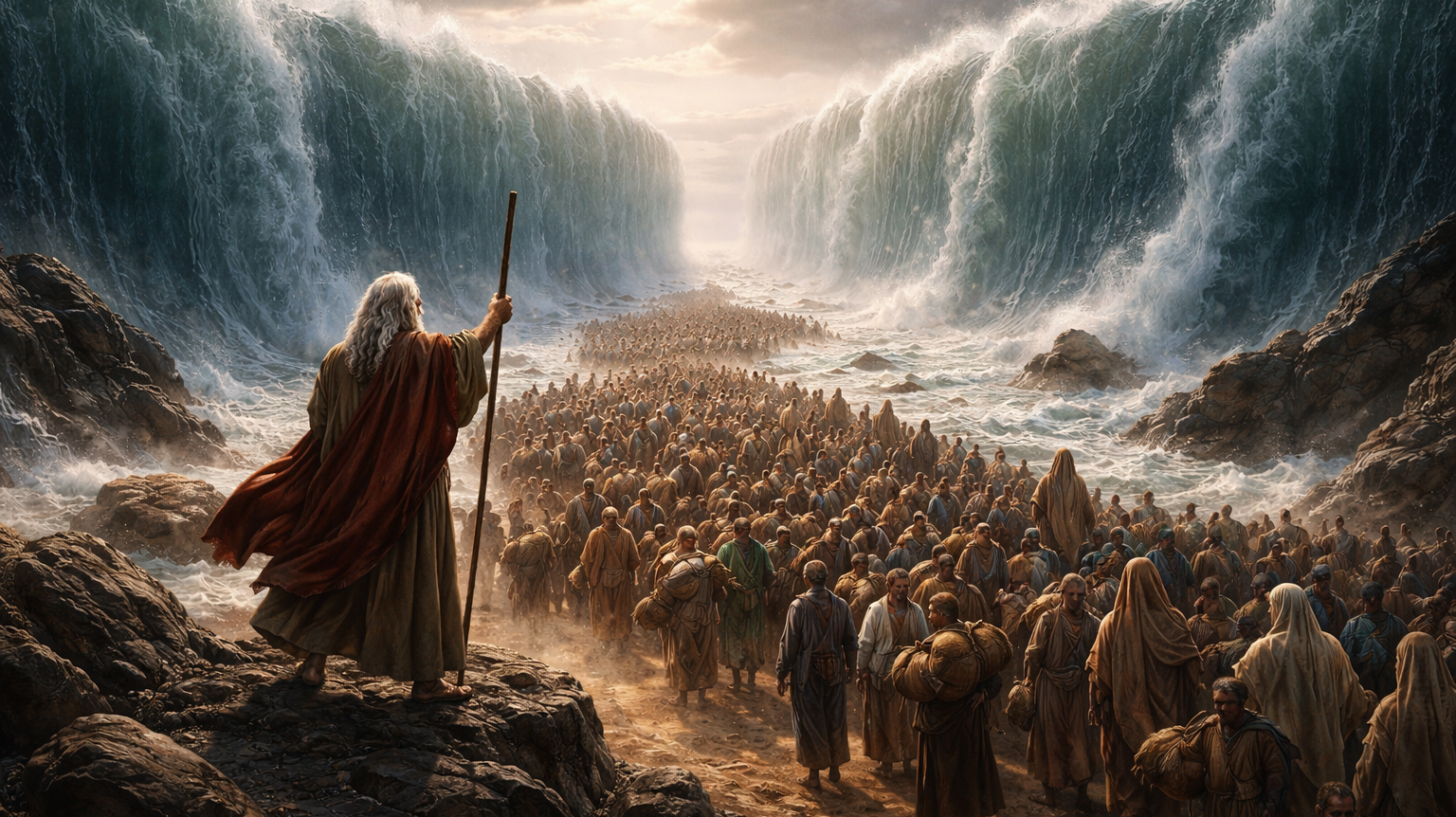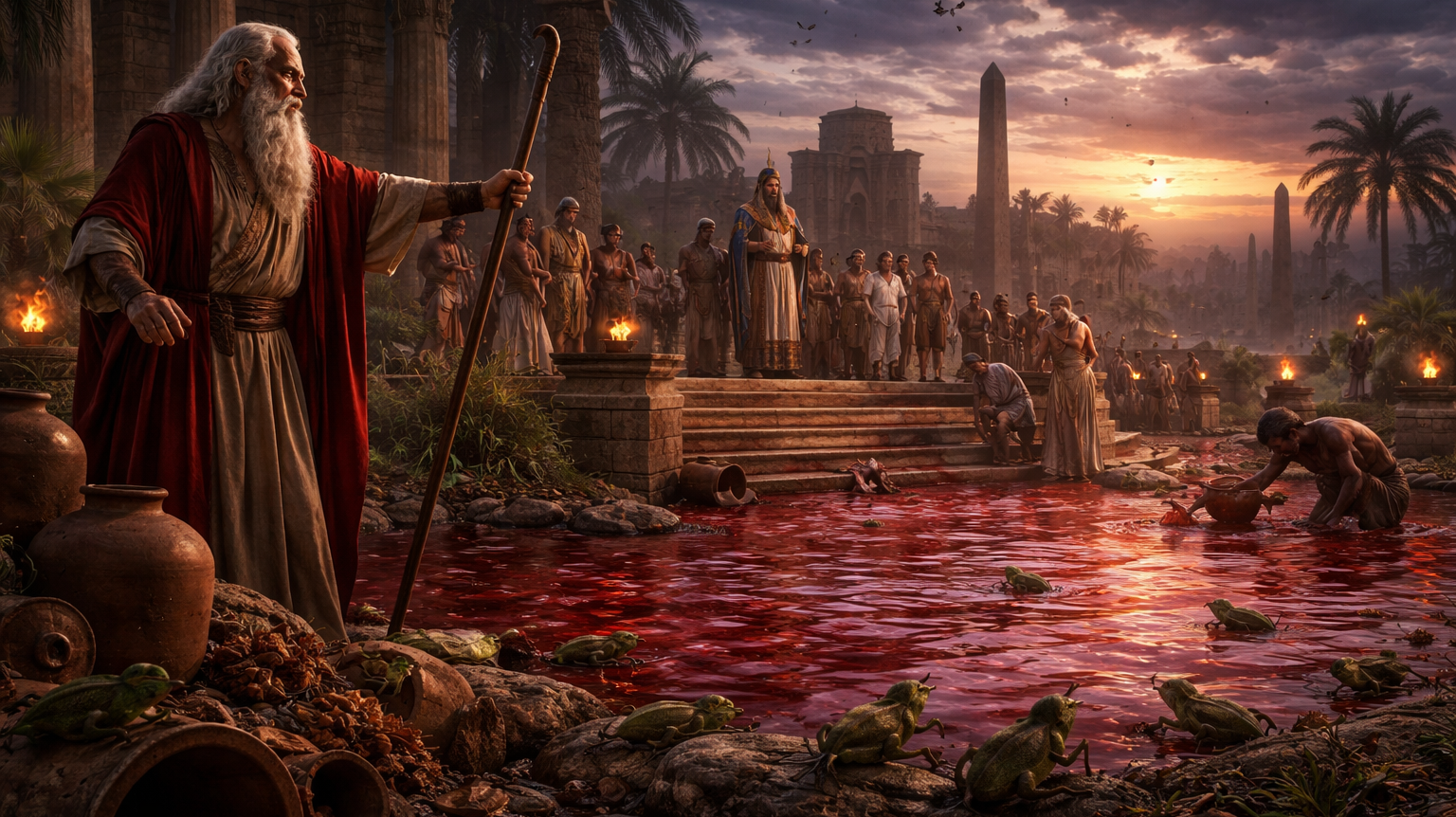Haran plays a quiet but key role in the early chapters of Genesis. It’s both a place and a person. Whether you’re reading about Abraham’s journey or the early family history of the patriarchs, Haran shows up at important moments. Let’s look at ten interesting facts about Haran in the Bible, supported with Scripture.
1. Haran Was a Son of Terah
Haran was the son of Terah and the brother of Abram (later called Abraham) and Nahor. This places him in the important lineage that ties directly into the story of God’s covenant with Abraham.
Genesis 11:26–27 (ESV): “When Terah had lived 70 years, he fathered Abram, Nahor, and Haran… Haran fathered Lot.”
2. Haran Was the Father of Lot
Haran had a son named Lot. After Haran died, Lot was taken in by his uncle Abraham and traveled with him to Canaan. Lot later settled in Sodom.
Genesis 11:27 (ESV): “Haran fathered Lot.”
3. Haran Died Before His Father
This is a rare detail in Scripture. Haran died while his father, Terah, was still alive. The Bible doesn’t give a reason for Haran’s early death.
Genesis 11:28 (ESV): “Haran died in the presence of his father Terah in the land of his kindred, in Ur of the Chaldeans.”
4. Haran’s Death Led to a New Journey
After Haran died, Terah took his family and left Ur of the Chaldeans to go to Canaan. However, they stopped in a place also called Haran and stayed there.
Genesis 11:31 (ESV): “Terah took Abram his son… and Lot the son of Haran… and they went forth together… but when they came to Haran, they settled there.”
5. Haran Is Also the Name of a Place
The Bible uses the name “Haran” not just for a person but also for a location. Haran the city is where Abraham received God’s call to go to the land of Canaan.
Genesis 12:4 (ESV): “So Abram went, as the Lord had told him… and they set out to go to the land of Canaan.”
6. Haran Became a Home for Abraham’s Family
Even though Abraham eventually left Haran, it remained important. Abraham’s servant later traveled back there to find a wife for Isaac.
Genesis 24:10 (ESV): “Then the servant took ten of his master’s camels… and went to Mesopotamia to the city of Nahor.”
7. Jacob Also Traveled to Haran
Jacob, the grandson of Abraham, also went to Haran. He fled there to escape Esau and to find a wife. He lived there for many years.
Genesis 28:10 (ESV): “Jacob left Beersheba and went toward Haran.”
8. Haran Was in Mesopotamia
The city of Haran was located in Mesopotamia, near the Euphrates River. This area was rich in trade and culture.
Acts 7:2–4 (ESV): Stephen, in his sermon, confirms that Abraham was called by God while living in Mesopotamia, before he lived in Haran.
9. Haran Had Pagan Worship
Like many cities in that time, Haran was full of idol worship. According to history, it was a center of moon-god worship, which shows what Abraham and his family were surrounded by before following the one true God.
Joshua 24:2 (ESV): “Long ago, your fathers lived beyond the Euphrates… and they served other gods.”
10. Haran Played a Key Role in the Patriarchs’ Stories
Although Haran is not as well-known as Jerusalem or Bethlehem, it served as an important resting place and connection point in the lives of Abraham, Isaac, and Jacob.
| Character | Connection to Haran |
|---|---|
| Terah | Died in Haran |
| Abraham | Received God’s call in Haran |
| Isaac | Got his wife from Haran |
| Jacob | Lived and worked in Haran |
Haran may not be front and center in the Bible, but it quietly anchors many key events in God’s story. From family roots to faith journeys, Haran shows up as a place of pause, decision, and new beginnings.
























